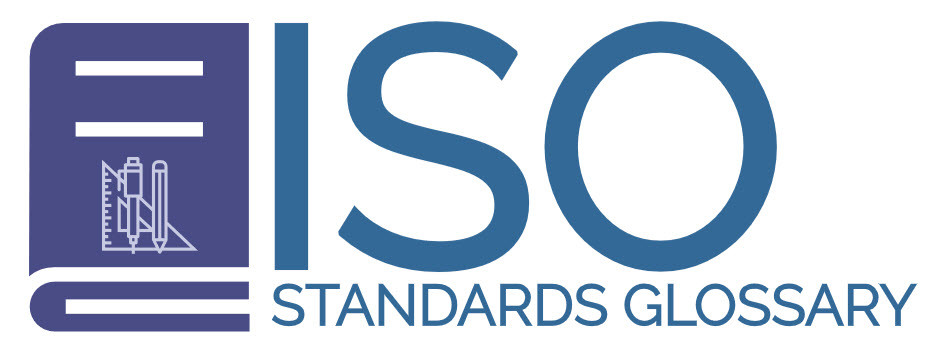Contents
A Contract for Difference (CFD) is a binding agreement between two parties (typically a trader and a broker) to exchange the difference in price of a financial product between the time the contract opens and closes. It is thus the difference in price between the opening and closing of the contract that is exchanged.
One of the advantages of using CFD:s is that there is no need to actually buy and sell assets such as company shares or commodities to profit from price movements. You can gain exposure to price movements without ever having to own the underlying asset. This saves on transaction costs, stamp duty and similar.

Using a CFD also means that you do not need to have enough money to actually buy the asset. One share in the company NVR Inc. currently costs more than 4,850 USD. If you want to buy 100 shares, it will require an investment exceeding 485,000 USD. With a CFD based on the price movement of this share, you do not have to worry about the big price tag – your only focus will be movements.
You can profit from falling prices too
With traditional trading, the basic principle has always been to buy now and sell when the price is higher. This makes it difficult to profit in falling markets. Yes, short-selling is an option, but comes with its own sets of risks that can be off-putting for the average small-scale retail trader.
With CFD:s, it is very easy to speculate on both rising and falling prices. CFD:s are divided into two main categories: upward or downward. If you think the price is going up, you get an upward CFD, and vice versa.
Costs
The costs will vary, so it is important to check the terms and conditions of your specific broker.
Generally speaking, CFD brokers will charge a commission and/or make money from the spread. If you use leverage, there will also be a financing cost to take into account.
Commission
The commission can be fixed (e.g. €0.03 per underlying share) or a percentage of the trade (e.g. 0.10%).
Please remember that the opening and the closing are considered two separate trades.
Today, there are quite a few brokers available that will not charge any commission on CFD:s when the underlying is forex or a commodity.
Financing
Using leverage typically come with a fee, the cost can go up considerably if you keep a leveraged position open over night. It is therefore very common for CFD traders who use leverage to close all open positions before the trading day is over.
Example
The broker is offering CFD:s based on the share price of Company ABC.
The trader places a trade when the current share price for Company ABC is €23.50. The trader expects the share price to rise to €24.80. The bid-offer spread is 24.80-23.50.
The trader buys 426 contracts at €23.50 per share, so the trading position is €10,011.
The broker charges a 0.1% commission on the opening of this position. When the position is closed, the broker will charge another 0.1% commission.
If the trader keeps the position open over night, the trader will be charge an over-night financing fee. With this broker, that fee is LIBOR interest rate + 2.5 percentage points. (LIBOR is the benchmark interest rate at which major global banks lend to one another.)
In this example, it takes 16 days for the share price to reach €24.80.
Initial value of the trade: €10,011
Final value of the trade: €10,564.80
Profit before costs:
€10,564.80 minus €10,011 = €553.80
- Commission when opening the position: €10
- If we assume that LIBOR + 2.5 percentage points is 7.5% interest, then the daily cost for interest will be 426 contracts x €23.50 x (0.075/365) = €2.06.
€2.06 x 16 days = €32.89
- Commission when closing the position: €10
€553.80 (profit) minus €20 in commissions and €32.89 in interest costs = €500.91 net profit.
Not in the United States
Contracts for Difference are not permitted in the United States. For more information, contact the United States Securities and Exchange Commission (SEC).
